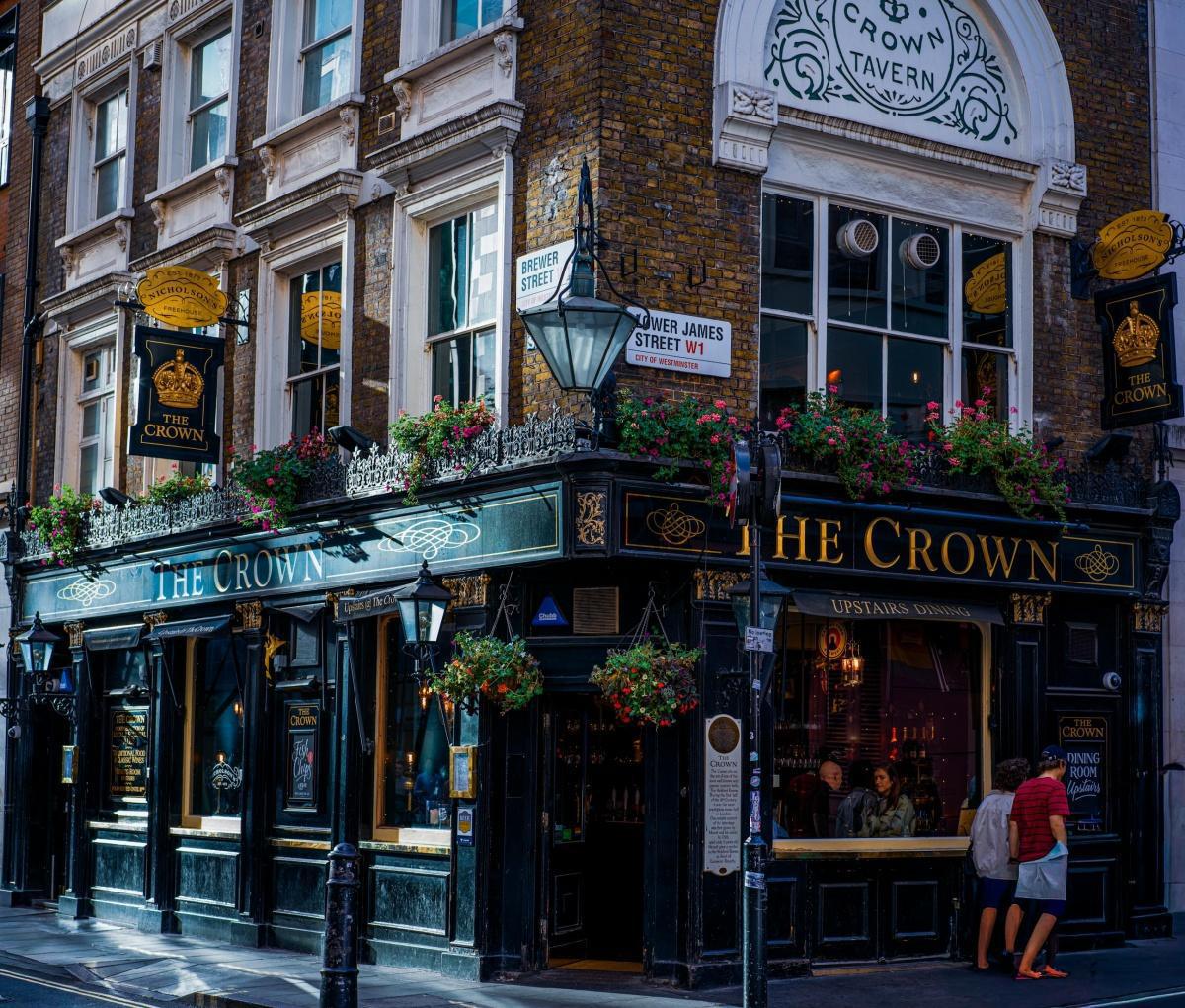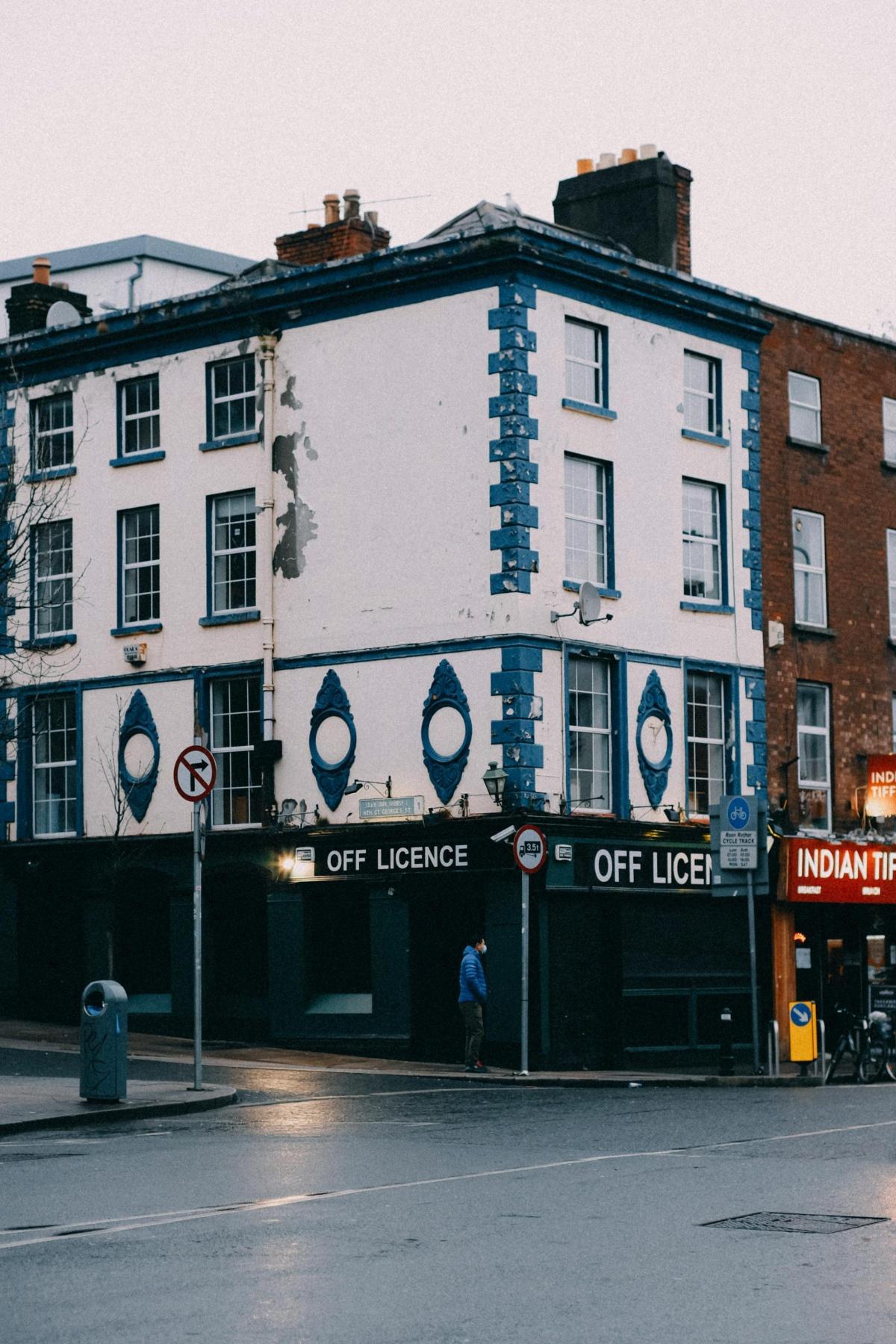Why You Need a Personal Licence in Scotland
A Personal Licence is required under the Licensing (Scotland) Act 2005 if you want to sell or authorise the sale of alcohol in licensed premises. Without it, you cannot legally manage or oversee the sale of alcohol, nor can you be named as the Designated Premises Manager (DPM). It ensures that those responsible for alcohol sales understand the law, maintain compliance, and promote responsible service.
How It Can Benefit Your Career
Holding a Personal Licence can significantly enhance your career prospects in the licensed trade:
-
It allows you to take on senior management roles in pubs, bars, restaurants, hotels, or retail premises selling alcohol.
-
Demonstrates your professional knowledge of licensing law, which is valued by employers.
-
Makes you more employable and flexible, as many licensed businesses require at least one Personal Licence holder on site.
-
Opens opportunities to progress into higher positions, such as managing multiple sites or becoming a Licensing Consultant.
In short, a Personal Licence is more than a legal requirement—it’s a career-boosting qualification for anyone looking to grow in the hospitality and licensed trade.
Why You Need a Personal Licence in England and Wales
A Personal Licence is required under the Licensing Act 2003 to sell or authorise the sale of alcohol in licensed premises. Without it, you cannot legally manage or supervise the sale of alcohol or be named as the Designated Premises Supervisor (DPS). The licence ensures you understand the law, uphold responsible alcohol service, and help maintain a safe environment for customers.
Personal Licence vs Premises Licence in Scotland
Personal Licence:
-
Held by an individual.
-
Allows you to sell or authorise the sale of alcohol in licensed premises.
-
Required to act as the Designated Premises Manager (DPM).
-
Demonstrates your knowledge of licensing law and responsible alcohol service.
Premises Licence:
-
Held by a business or organisation for a specific location.
-
Authorises the sale of alcohol at that premises.
-
Specifies the conditions, hours, and type of sales permitted.
-
Cannot be held by an individual; must be tied to the premises itself.
Key Difference:
The Personal Licence is about the person responsible for selling or authorising alcohol, while the Premises Licence is about the location where alcohol can be sold. Both are needed for a licensed business to operate legally, but they serve different roles.
Personal Licence vs Premises Licence in England and Wales
A Personal Licence allows an individual to sell or authorise the sale of alcohol and act as the Designated Premises Supervisor (DPS). A Premises Licence allows a business to sell alcohol or provide entertainment at a specific location. Simply put, the Personal Licence is about the person, and the Premises Licence is about the place.


